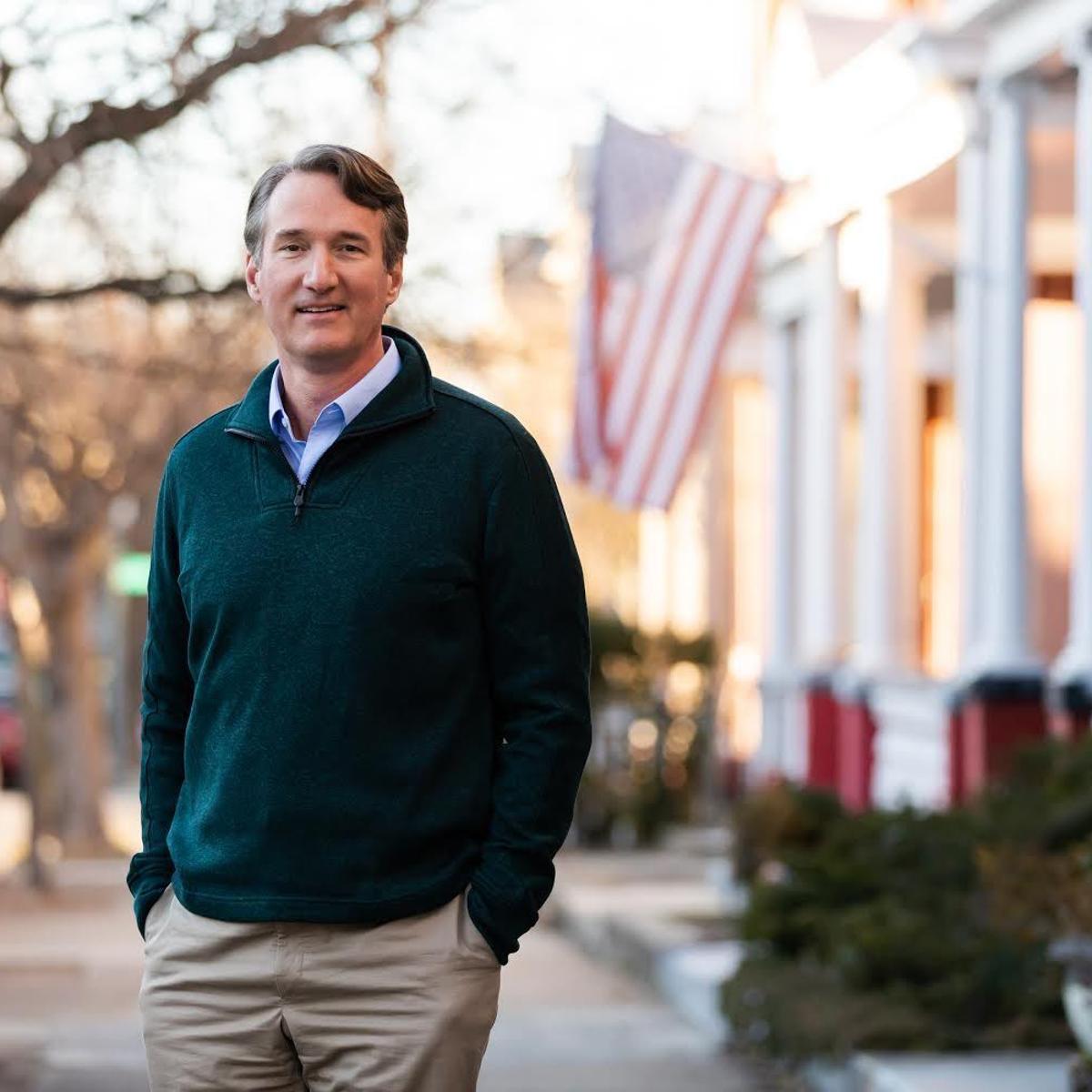By Maria-Paula
Glenn Youngkin (R) defeated Terry McAuliffe (D) in Virginia’s hotly contested gubernatorial race, a state that has proved no room for successive terms for candidates. The Republicans spinning control of the commonwealth emphasizes why President Joe Biden who won in the state just over a year ago has his rating sagging amongst the voters. Youngkin has therefore, brought the party back to the seat over a decade after the 2009 elections.
The commonwealth of Virginia, which elects a new governor a year after presidential election, has for long been a political swing state causing
anxiety to both contesting parties across the state.
Despite the president’s endorsement, McAuliffe, a former Va. governor from 2014 to 2018, struggled during the campaign season to woo voters amid uncertainty over the president’s agenda for the state in Congress. This poses a major challenge for Democrats in both the state Senate and the House of Representatives as they look forward to
maintaining control and remain relevant in pushing the party’s agenda.
Youngkin on the other hand praised Trump early in his rallies and successfully barred him later by playing smart in gathering the Northern Virginia suburbs voters who rejected the former president in last year’s polls.
In his concession speech Wednesday morning, McAuliffe congratulated Youngkin in a statement that read:
“While last night we came up short, I am proud that we spent this campaign fighting for the values we so deeply believe in. We must protect Virginia’s great public schools and invest in our students. We must protect affordable health care coverage, raise the minimum wage faster, and expand paid leave so working families have a fighting shot.
We must protect voting rights, protect a woman’s right to choose, and, above all else, we must protect our democracy. While there will be
setbacks along the way, I am confident that the long term path of Virginia is toward inclusion, openness and tolerance for all.”
He promised to never stop fighting to make the commonwealth stronger and brighter for all. McAuliffe congratulated the governor-elect on his
victory, and said he hoped that Virginians would join him in wishing the best to Youngkin and his family.
While Youngkin focused more on the most important issues for Virginia, according to the exit polls, including the economy, education and
Covid-19, Virginia Democrats underrated him, as a candidate who delved into local issues with children’s and parents’ matters at heart.
McAuliffe subsequently zeroed in on national issues like voting rights and abortion.
In a Democratic dominated area, the governor elect surpassed the previous Republican gubernatorial candidate and defeated Trump’s margins in the commonwealth. To the contrary, McAuliffe’s margins, fell below expectations in major areas across the state, compared to numbers from previous contests between Va. Gov. Ralph Northam and President Biden.
With Virginia and New Jersey known for sharing a historical pattern of electing governors from parties not in the presidency during off-year
elections, in 2013, McAuliffe resisted that trend when he won his first term in office, a year after former President Barack Obama won re-election. New Jersey Gov. Phil Murphy equally anticipated a voter’s reward for his handling of the Covid-19 pandemic to make him the first Democratic governor in 40 years to win a reelection in the state. Surprisingly as per the counted ballots, Republican Jack Ciattarelli seemed to carry the day ushering in yet another disappointment for
Democrats as the race remained too close to call – until Murphy eked out a win.
Through McAuliffe’s campaigns, he looked forward to a second term, but he failed to persuade the independent voters who played a major role in the incoming governor’s victory. Also, his campaign team’s focus on the anti-Trump battles and working hard to link the Republican candidate to the former president outweighed their focus on strategy. White women from conservative rural localities voted more, by 15%, compared to last year’s elections, while Black turnout dropped in some key areas.
Late Tuesday night, Youngkin was exceeding the performance of the previous Republican gubernatorial candidate four years ago and
also significantly outperforming Trump’s margins in the Virginia suburbs, which had been trending increasingly Democratic. McAuliffe’s margins, by contrast, fell below the tallies in previous contests of Biden and Virginia’s current Democratic governor, Ralph Northam, in key areas throughout the state. In his victory speech, he said that Virginians had arrived at a “defining moment.”
In his victory speech, Youngkin said Virginians had arrived at a “defining moment” while promising to deliver on his campaign promises by cutting on tax rates in the state and on school choice.
“Together we will change the trajectory of this commonwealth. And friends, we are going to start that transformation on day one. There is no time to waste. Our kids can’t wait, we work in real-people time, not government time. So no day one, we’re going to work. We’re going to restore excellence in our schools,” said Youngkin.
“This is the spirit of Virginia coming together like never before,” Youngkin told supporters well after midnight, joking that breakfast would soon be served. “For too long, we’ve been expected to shelve our dreams, to shelve our hope, to settle for low expectations. We will not be a commonwealth of low expectations. We’ll be a commonwealth of high expectations.”
Youngkin, a new political entrant and an astute businessman, campaigned on a promise to unite the opposing factions of the Republican Party and
drove a message focused on the Virginia people’s economic and academic wellbeing.
As the country awaits next year’s elections, voter turnout will be a major factor to watch even as Virginia’s results suggest a positive engagement in the Republican camp. This is contrary to the Democratic one, a wakeup call often in play for the party out of power in Washington.
Youngkin trounces McAuliffe to win Va. governor’s mansion



